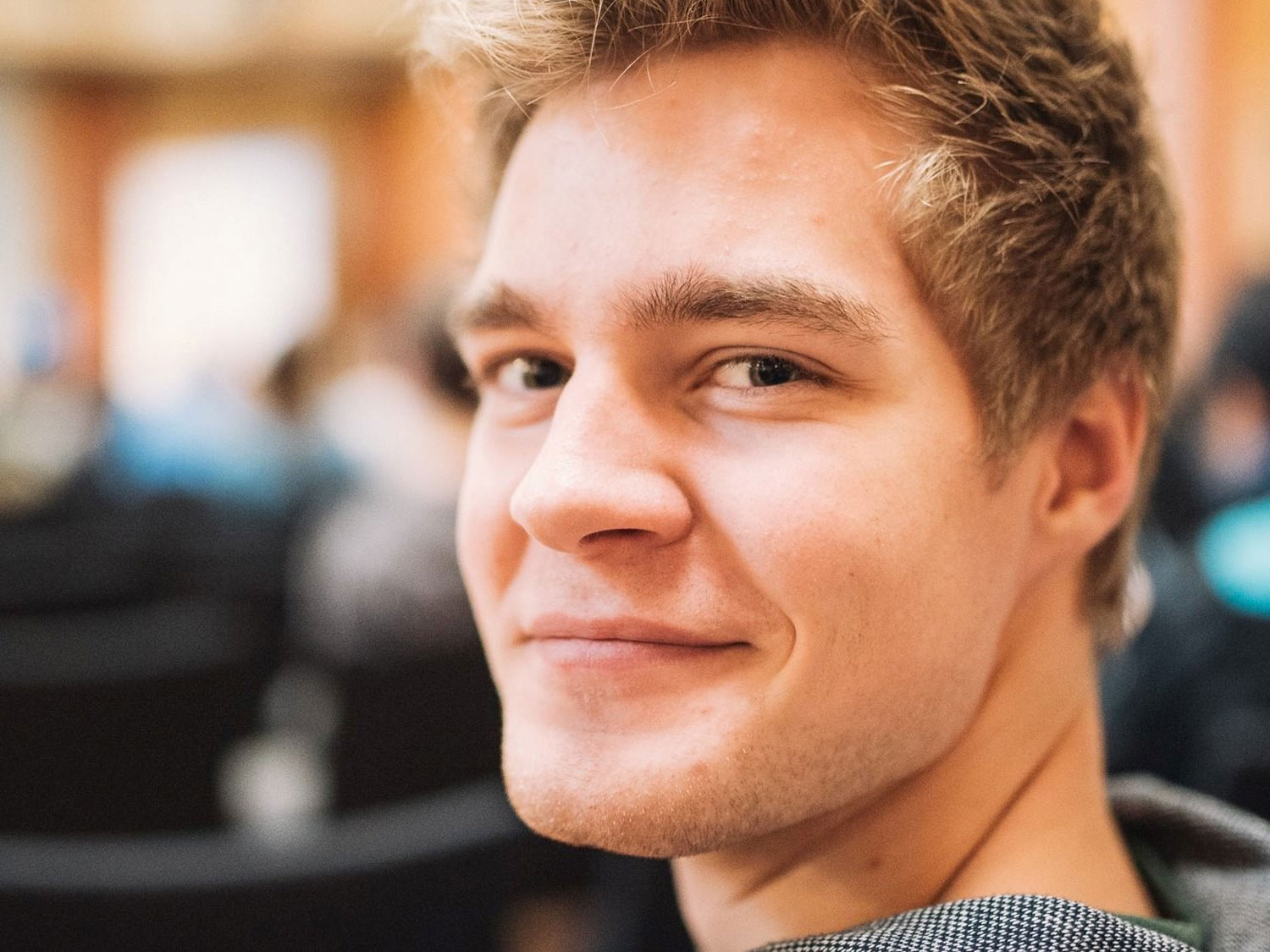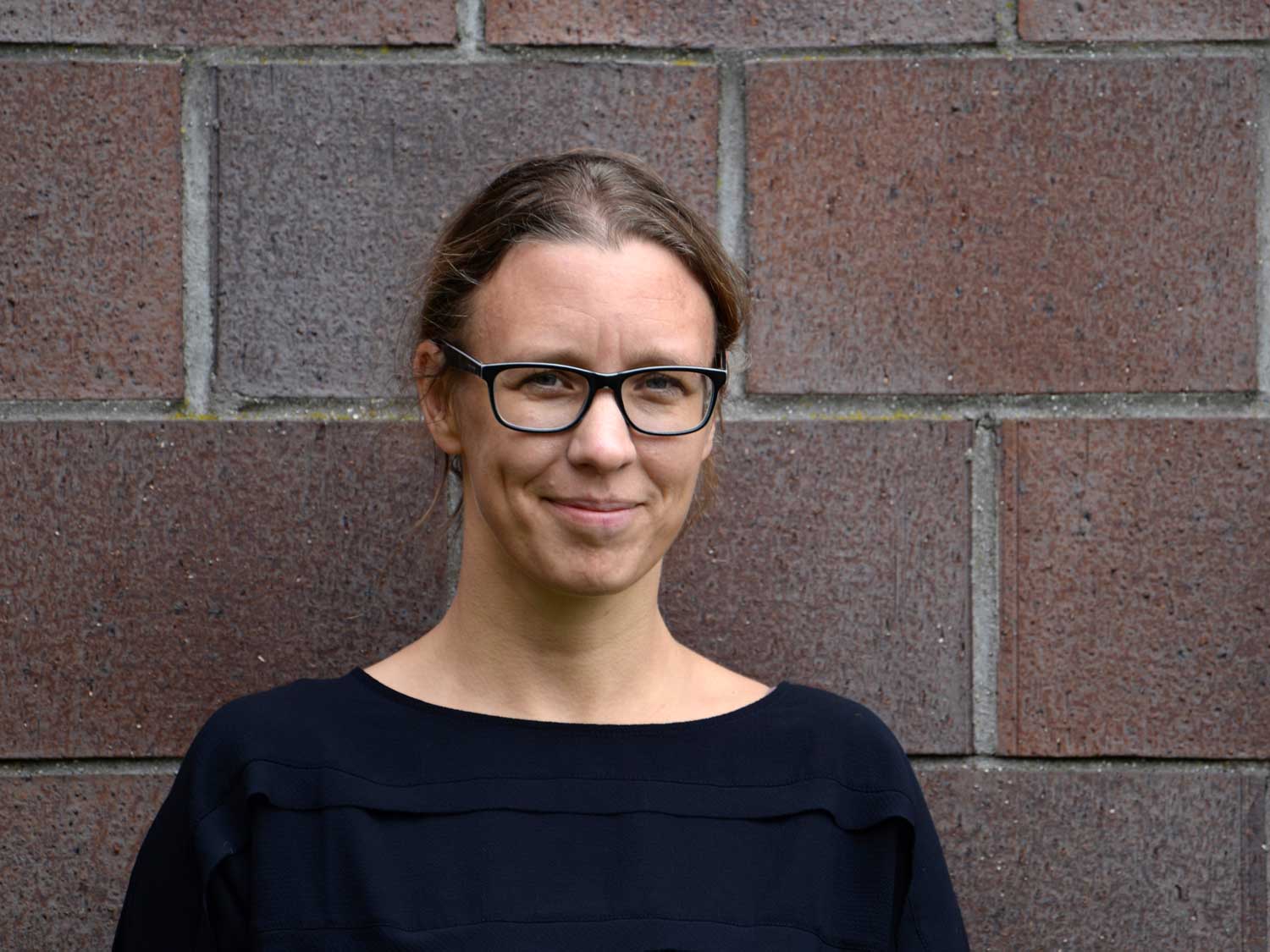
© Matej Meza / Universität Bremen
How the University is Shaping the Digital Transformation
Digitalization in the fields of research, teaching, and administration is an important goal for the University of Bremen – and part of the Strategy 2018–2028. The corona pandemic has massively accelerated the process
Many people will never forget this time at the university. When the first digital semester began due to the pandemic, the University Executive Board and service offices on campus had to basically put out fires everywhere. Central infrastructure components, such as the teaching and study platform Stud. IP, were expanded in a short amount of time and further licenses for the video platforms StarLeaf and Zoom were purchased. In the end, nearly all classes and meetings at the university were online all of a sudden. All staff members were immensely committed to providing as many seminars and university services as possible digitally. What is now important is that the experiences of the crisis are used in order to combine the strengths of both digital and analogue offers in the future.
Each summer semester, the Information Day for Prospective Students (isi) is held at the University of Bremen. The day is an opportunity to talk to students and teaching staff on campus and thrives on personal communication. When it became clear that isi would not be able to take place face-to-face due to the corona crisis, the Central Student Advisory Service and teaching staff organized an alternative event: Virtual Information Week for Prospective Students (VIsi). The premiere was successful: Around 2,000 prospective students gathered information on study programs in roughly 120 online events over several weeks. The feedback was so positive that there is now the idea of holding the VIsi again in 2021. “And then combined with face-to-face events, if they are possible again,” says Stephan Determann, head of the Central Student Advisory Service. There were fewer participants than at the isi, “but that was not a bad thing,” he explains, “as those who took part were truly interested.” Many of them are still in contact with the university. Moreover, people who live further away were reached. They were able to simply join in online and did not have to travel. Usually, it is mainly interested persons from the region that attend the isi. The immense effort was worth it.
Student Opinions Required
And how important is meeting face-to-face at the beginning of a degree? “Especially in this phase, I find face-to-face classes extremely important in order to better get to know one another,” says the bachelor’s student Louis Kniefs. “Otherwise, a large proportion of the degree quality gets lost.” If you know the people, then digital teaching offers can be used well. “And I find them to be very useful,” emphasizes the 24-year-old student of Electrical Engineering and Information Technology. Kniefs worked as a digital tutor for the computer science professor Anna Förster. The Inverted Classroom Concept communicates factual knowledge via video and said knowledge is deepened in tutorials that are offered in an analogue setting. Thus, the format replaces traditional lectures in lecture halls. Does the aspect of social contact not suffer in this way – for example, by not drinking a coffee together after class? “People meet elsewhere and then can watch the digital classes together and talk about them,” says Kniefs. For example, in learning spaces such as those offered by the State and University Library Bremen (SuUB) and several university buildings. Generally, Kniefs wishes for digitalization with feeling. “One needs to take a close look at where it fits”.

© Dominik Martin
His opinion is also in demand in the university administration. Kniefs belongs to a group of students from several faculties that regularly speaks with the Administrative Unit for Teaching and Studies and also the Chief Digital Officer (CDO), Andreas Breiter. The latter coordinates the multifaceted digitalization processes at the university together with the Director of Finance and Administration, the Vice President Academic, and the service offices on campus. “The discussions in the student group that span across disciplines are very interesting,” says Kniefs. You can find out how other disciplines think and learn from one another. The students are taken seriously by the administration. “The student opinions and ideas are important to us,” says Franziska Richter from the Administrative Unit for Teaching and Studies, which is supervising the students. Their opinions really helped in the past summer when decisions needed to be made rapidly in order to support digital learning and teaching. “The situation in the summer was naturally challenging for everyone,” according to Kniefs. “But such an emergency situation accelerates digitalization.”
The Summer Semester: Many Thrown In at the Deep End
“I truly hope that we will continue to use many digital tools at the university after corona,” says Professor Kerstin Radde- Antweiler. Many technical instruments that the university has provided simplify the communication with the students for the religious studies scholar. “Communication tools, such as Rocket.Chat and digital office hours are good when the students have a long commute to university, for example, or work alongside their studies,” she says.

© Beater C. Koehler
So-called blended learning is a good chance for the scholar to combine digital and analogue teaching. The concept comprises interchanging between face-to-face courses, self-learning phases, and direct communication with lecturers and students. Factual knowledge can be passed on via explanatory videos or podcasts in seminar courses. She has created many of these since the start of the pandemic. “I will continue to use them.” Then there is more time to discuss the material during the face-to-face sessions. “We cannot and do not want to replace such direct communication with digital formats,” she explains. Radde-Antweiler believes personal scientific discourse to be essential in promoting the critical thinking skills of students. The scholar hopes that the general opinion of digital teaching becomes more open at the university. “Of course, many of us were under a lot of strain at the beginning of the digital semester and were exhausted at the end of the semester.” Those who had little experience with digital teaching were basically thrown in at the deep end. “I hope that digital and face-to-face teaching are no longer thought of as opposites in the long-term but rather that we can develop a good combination of digital teaching tools and analogue teaching.”
The Vice President Academic, Professor Thomas Hoffmeister, underscores this: “Together, we want to get the most out of the advantages yielded by the combining of analogue and digitally-based teaching and learning formats in the long-term.” This may help in improving teaching and making it more student-focused.
Creating Digital Transformation
In its Strategy 2018 – 2028, the University of Bremen sets itself the goal of actively bringing about digital transformation in all of its fields of action. In order to do this, the university is building secure information and communication infrastructures. Research data is being safeguarded and being made openly accessible. Digital information systems are being expanded to support the administrative and management processes and to improve their quality. The university sees digitalization as an enabler of organizational change, with IT services forming a strategic dimension of the university’s development.